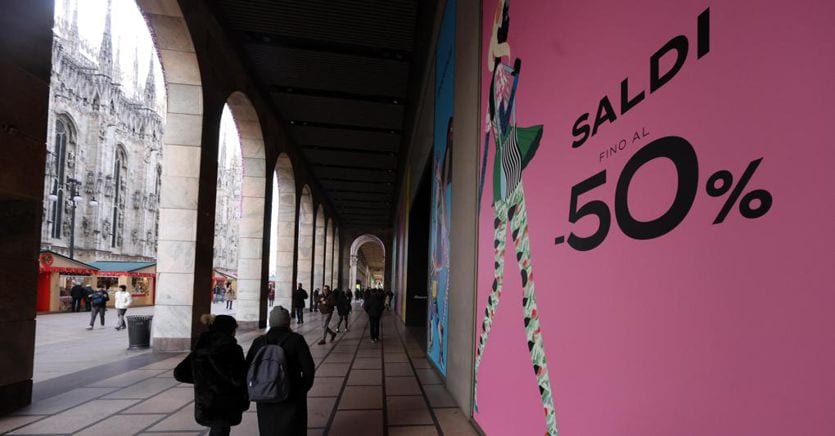It is a Milan that is shedding its skin driven by the tertiary sector and digital technology that emerges from the latest analysis carried out by the Research Office of Confcommercio Milano, Lodi, Monza and Brianza. On the one hand, traditional commercial activities are struggling, on the other, e-commerce flies and drags services. Between 2019 and 2023 the tertiary sector grew by 4% with over 285 thousand companies while employment grew by over 10% with almost 2 million employees. Then there is the sprint of electronic commerce which sees the doubling of companies from 1,915 in 2019 to the current 3,850, while the number of employed sees a +483% with 32,455 employees. Also significant are the increases in companies in digital innovation (ICT services + 17% of companies, from 47,019 to 54,819, with also + 20% of employees, from 600,467 to 720,179), in services (+ 14%) and among tourist-accommodation activities (+13%). The retail trade is struggling: the non-food sector now has almost 30 thousand companies with a loss of 12%, the food sector leaves 7% on the table but the companies manage to increase employment. In the capital, the drop in the number of retail trade companies is 9% in the non-food sector and 8% in the food sector, while wholesale activities drop by 5%, from 52,977 companies in 2019 to 50,322 in 2023. Slightly , a decline in the number of businesses, including catering (-2%, from 22,490 in 2019 to 21,904 in 2023), but in the city of Milan the number of public establishments is recovering, driven by consumption outside the home and nightlife. In fact, the latter have grown by 5% (from 14,585 in 2019 to 15,349 this year).
In Milan, like businesses, the decline is also confirmed in retail outlets: – 4% from 18,256 in 2019 to 17,581 in 2023.
«In Greater Milan – comments Carlo Sangalli after his re-election as president of Confcommercio Milano, Lodi and Monza-Brianza – inflation, high energy prices and Covid have had important repercussions on the tertiary sector. E-commerce and services are growing, but commercial establishments are decreasing. This phenomenon contributes to making our cities less livable. We certainly need more innovation, but we also need more incentives for commercial activities that give value to the territory and make it more attractive».
